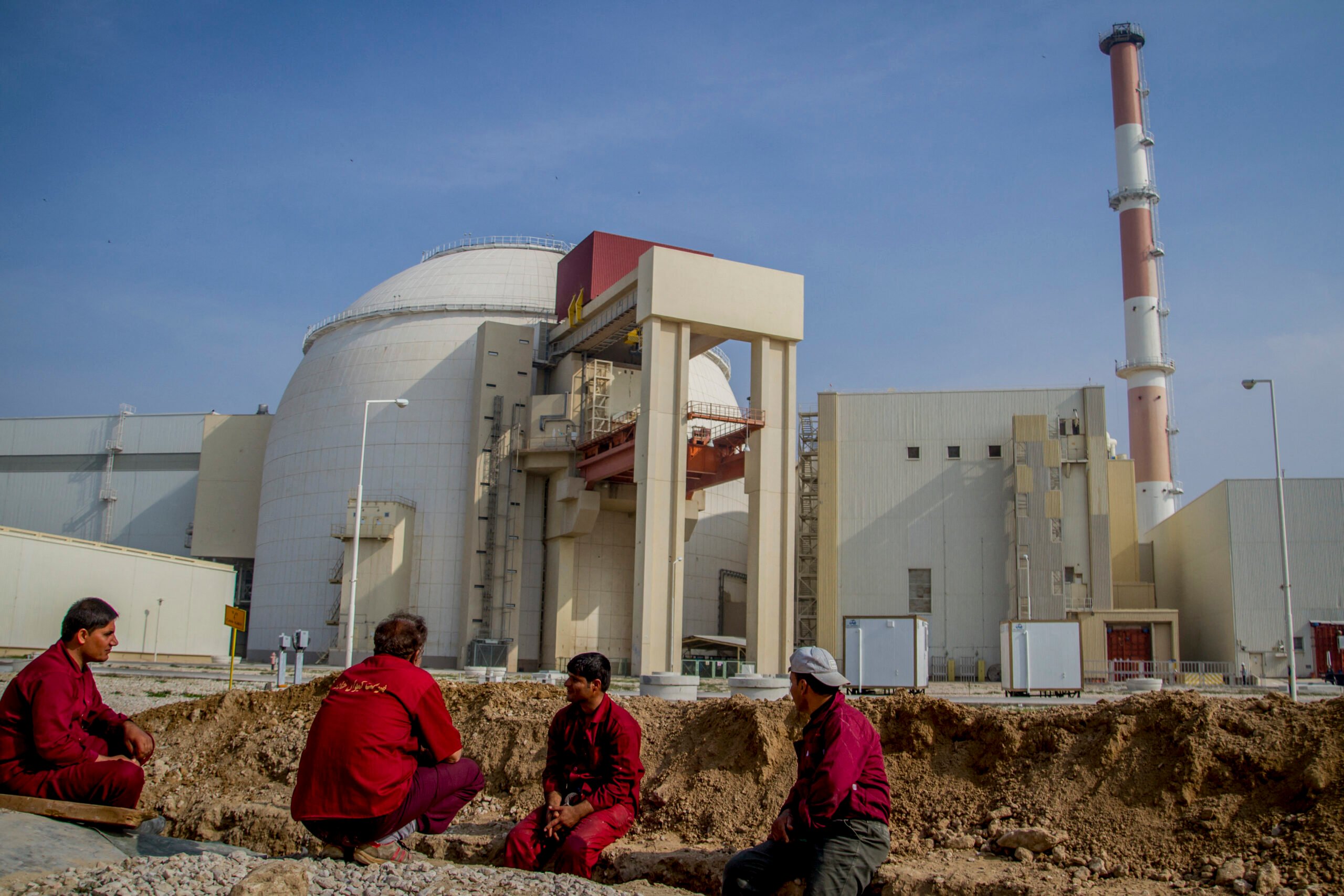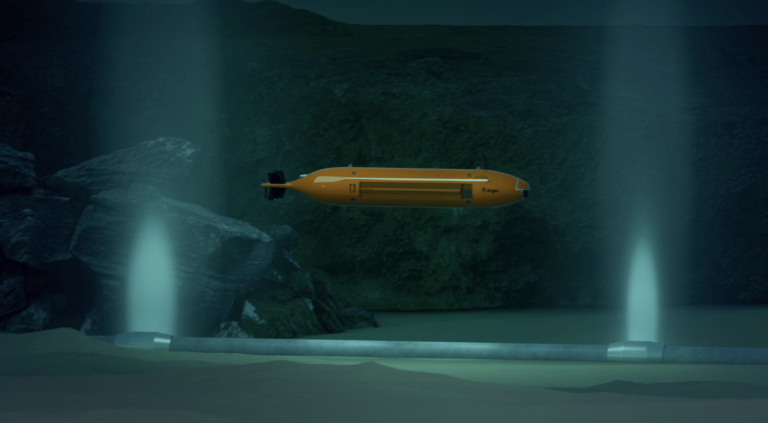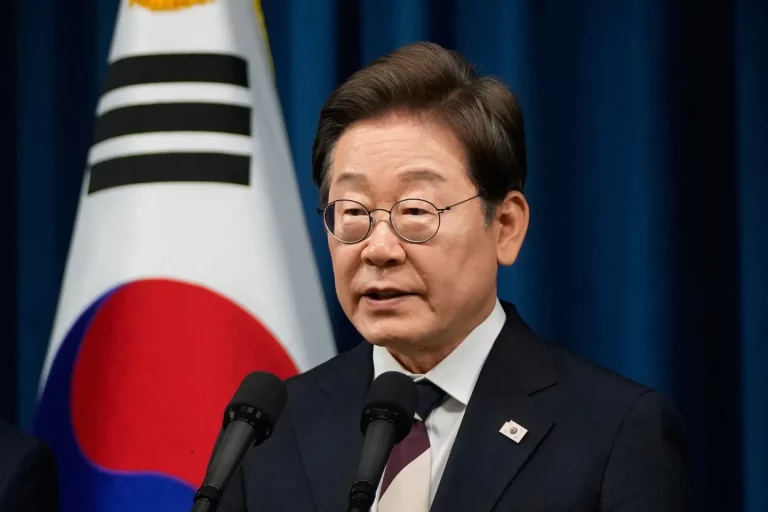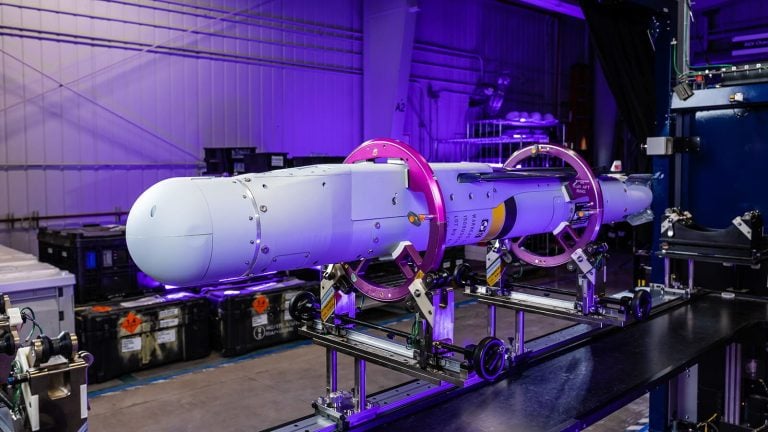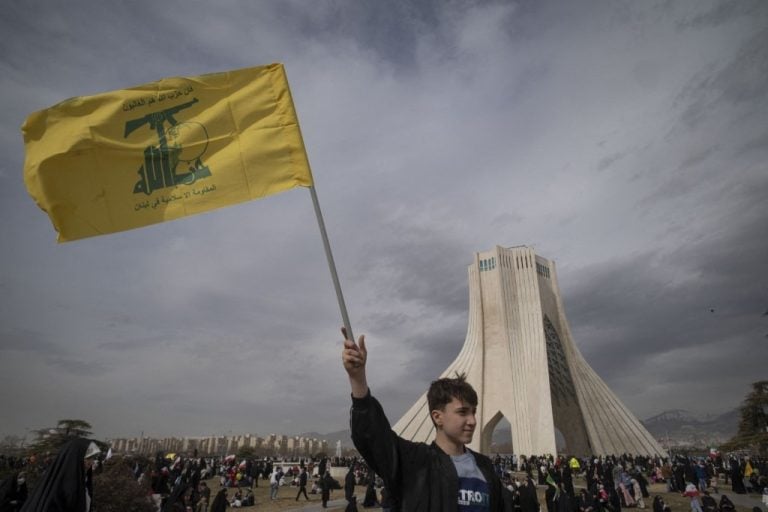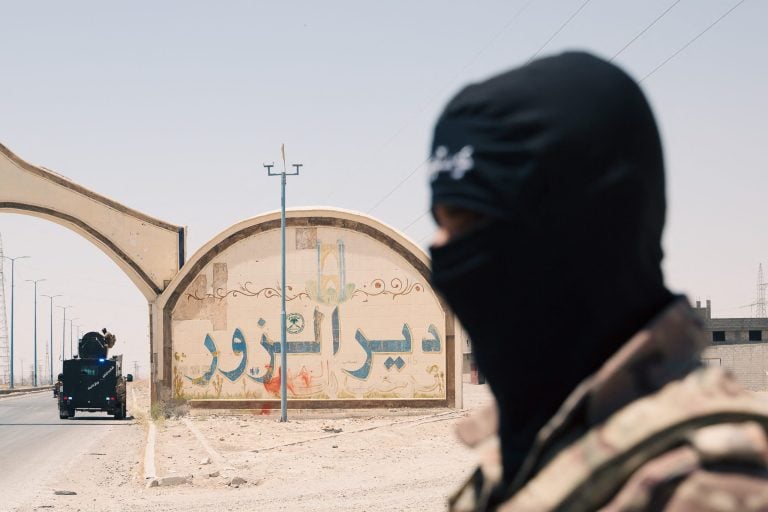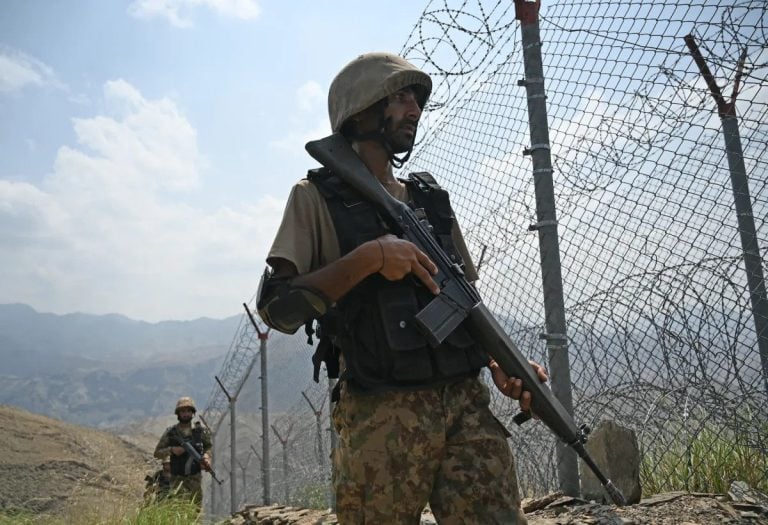In a significant development regarding nuclear diplomacy, Iranian security chief Ali Larijani announced on Tuesday that Iran remains open to engaging in discussions with the United States. However, he firmly stated that Tehran would not consider any limitations on its missile program as part of these talks.
Larijani, who also serves as the secretary of Iran’s Supreme National Security Council, articulated that the possibility for negotiations with the U.S. still exists but criticized American officials for not genuinely participating in dialogue. “The path for negotiations with the US is not closed; yet these are the Americans who only pay lip service to talks and do not come to the table; and they wrongly blame Iran for it,” he expressed in a post on X, a social media platform.
His comments come in the wake of the United States expressing approval of a decision by European powers to reimpose United Nations sanctions on Iran, while maintaining that it is available for direct engagement. Relations have soured since nuclear talks initiated in April ceased abruptly in June after Israeli airstrikes targeted Iranian nuclear facilities, followed closely by U.S. actions.
The situation intensified when Britain, France, and Germany—collectively known as the E3—activated a “snapback” clause associated with the 2015 nuclear agreement. This clause allows for the reinstatement of UN sanctions in the event of non-compliance with the accord, which had already faced significant strain since the U.S. withdrawal in 2018 during President Donald Trump’s administration.
U.S. Secretary of State Marco Rubio emphasized the administration’s commitment to seeking a lasting resolution to the Iranian nuclear issue, noting that the snapback activation should not be seen as contrary to diplomatic efforts but rather as a means to strengthen them.
Following the recent military actions by Israel and the United States, Iran chose to halt its cooperation with the UN nuclear watchdog and has demanded assurances against military threats before resuming any negotiations. The West carries ongoing apprehensions regarding Iran’s missile capabilities, which they consider a threat to regional stability. In July, France advocated for a comprehensive agreement with Iran that would encompass not just its nuclear ambitions but also its missile program and broader regional activities.
Despite Western concerns, Iran has steadfastly maintained that its military capabilities will not be up for negotiation, consistently denying allegations of pursuing nuclear weapons. The current state of talks and the future of diplomatic relations remains uncertain as both sides navigate their complex security concerns and strategic ambitions.
